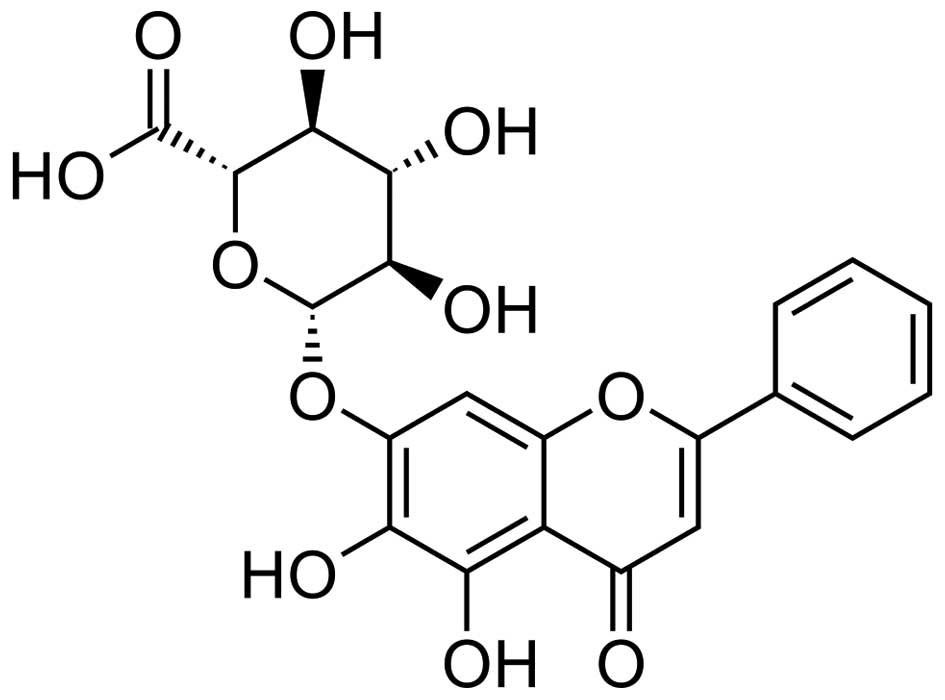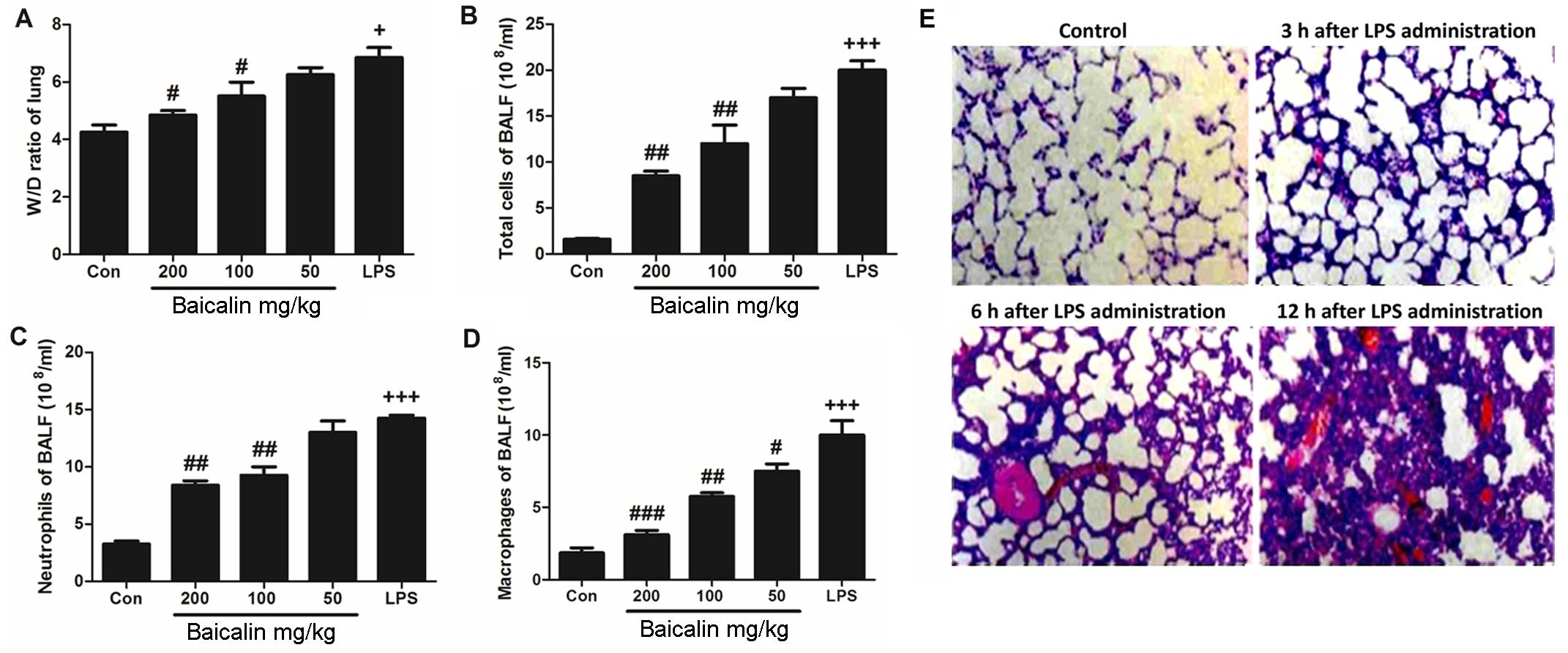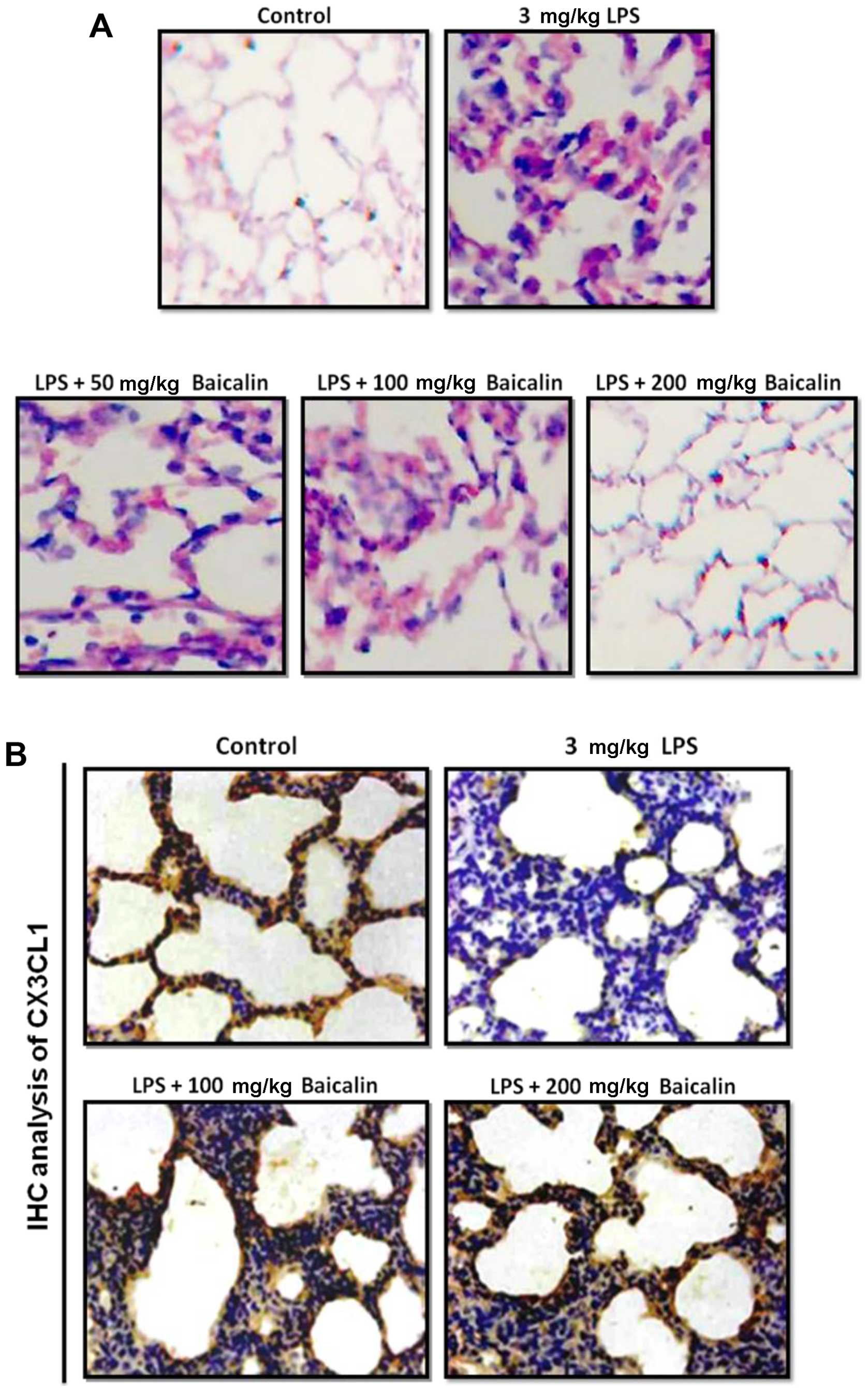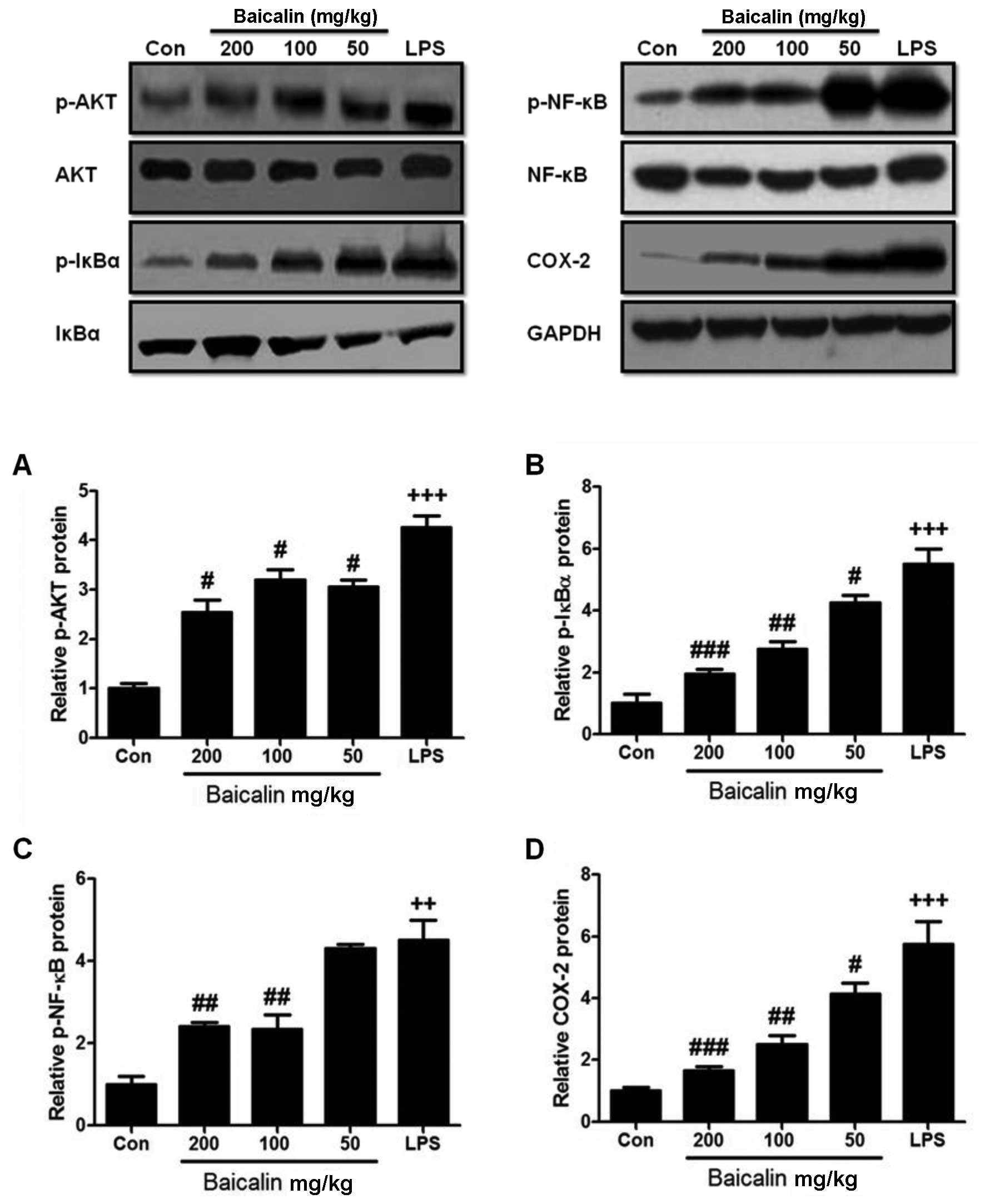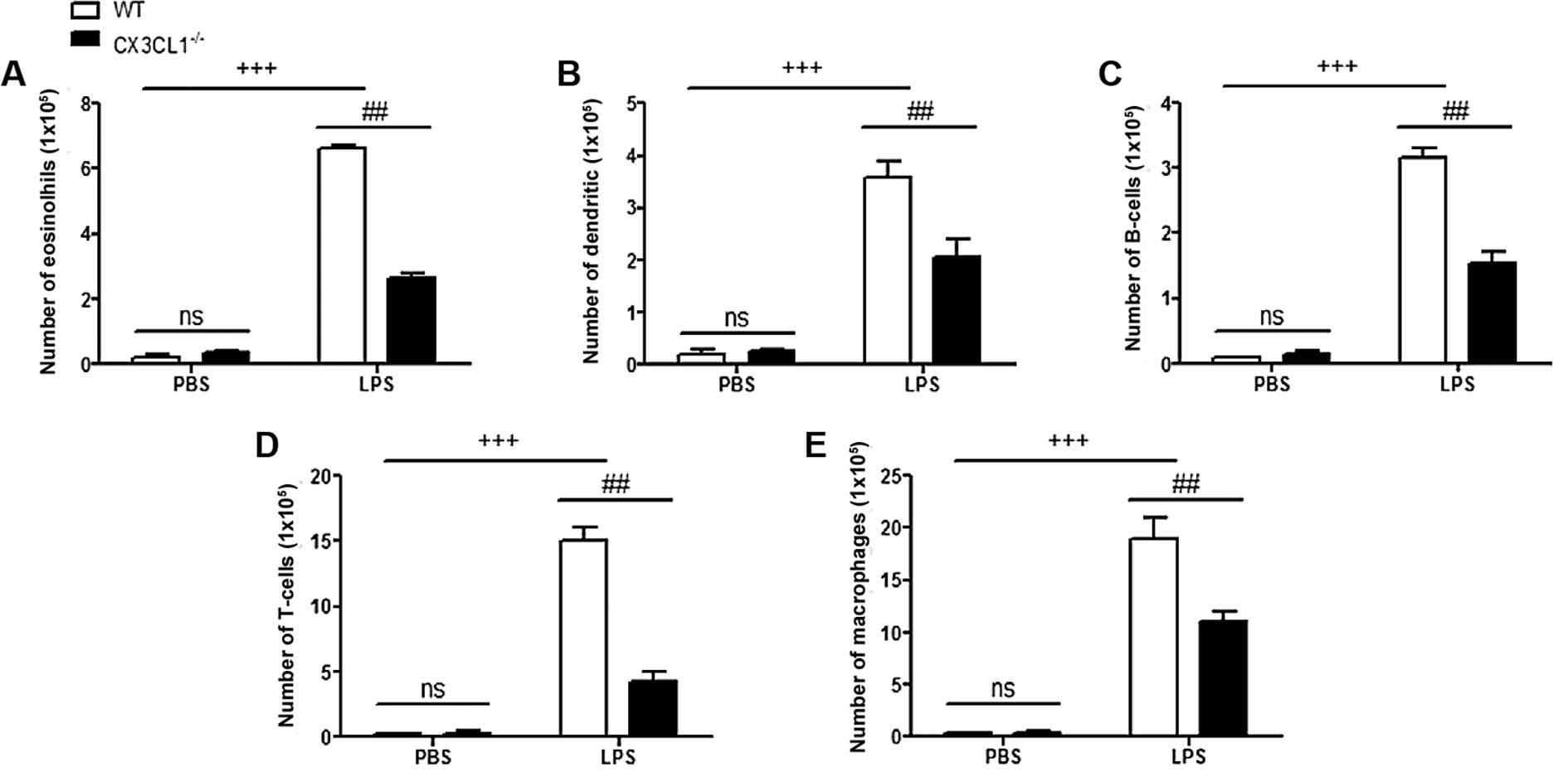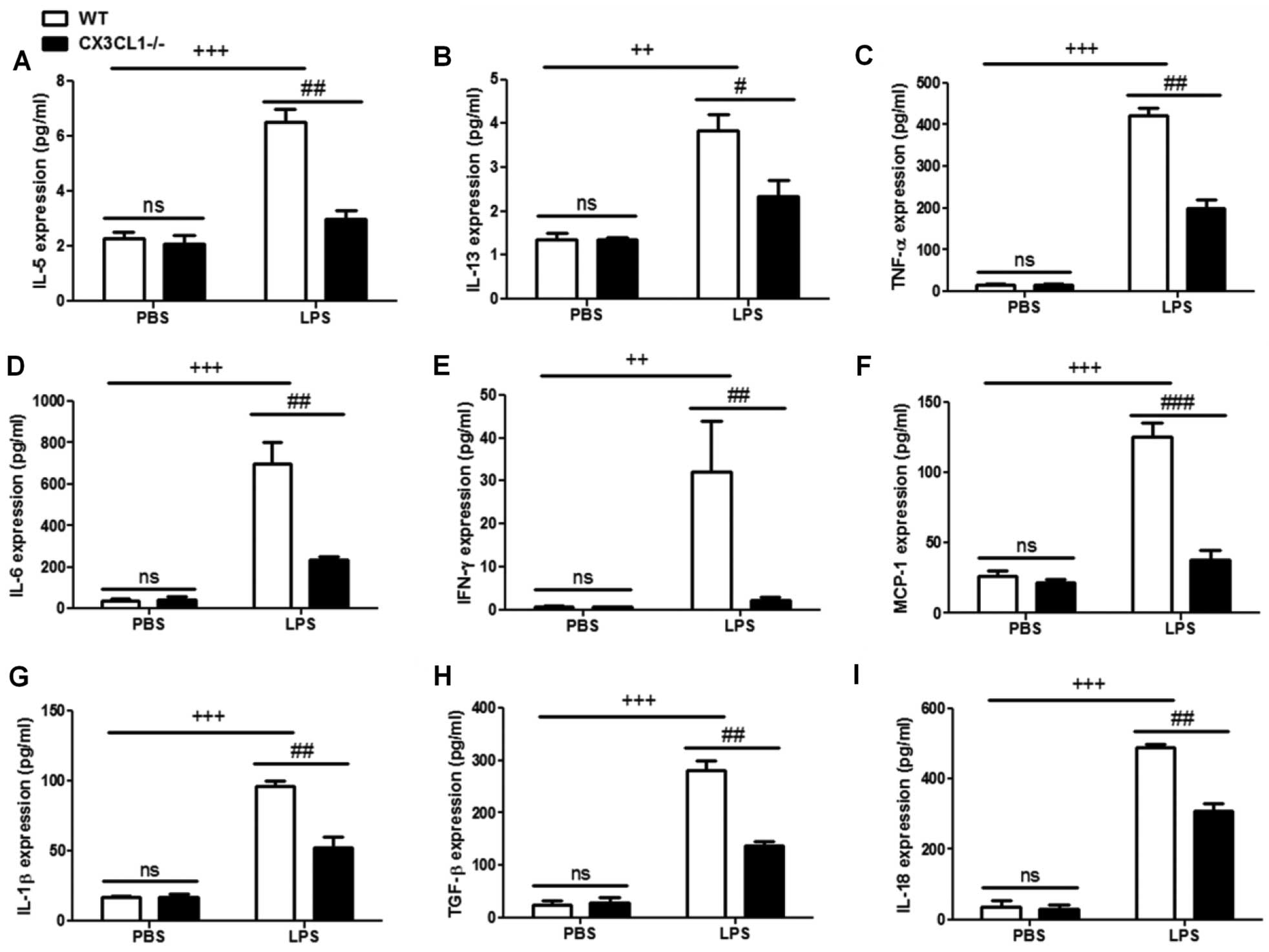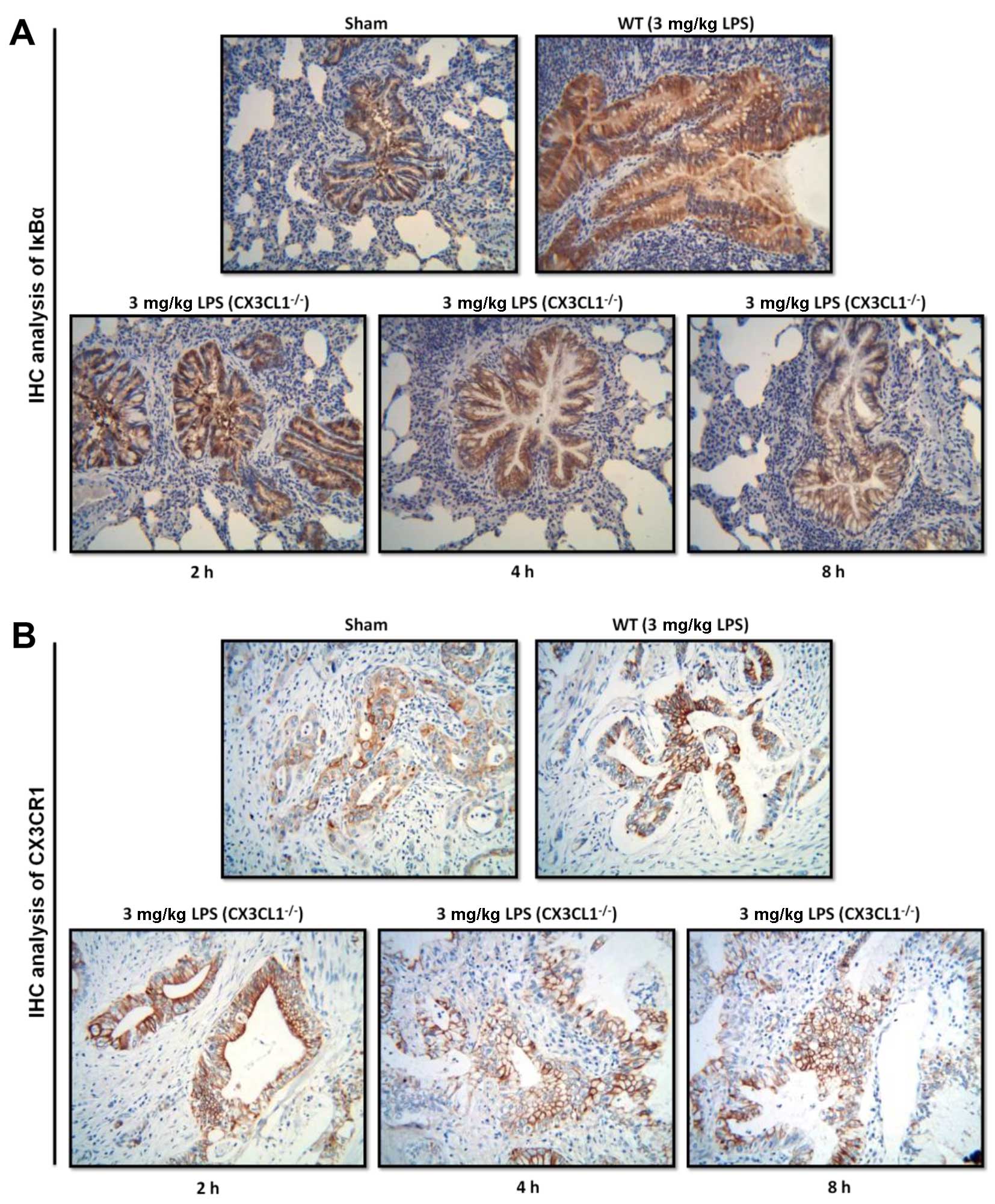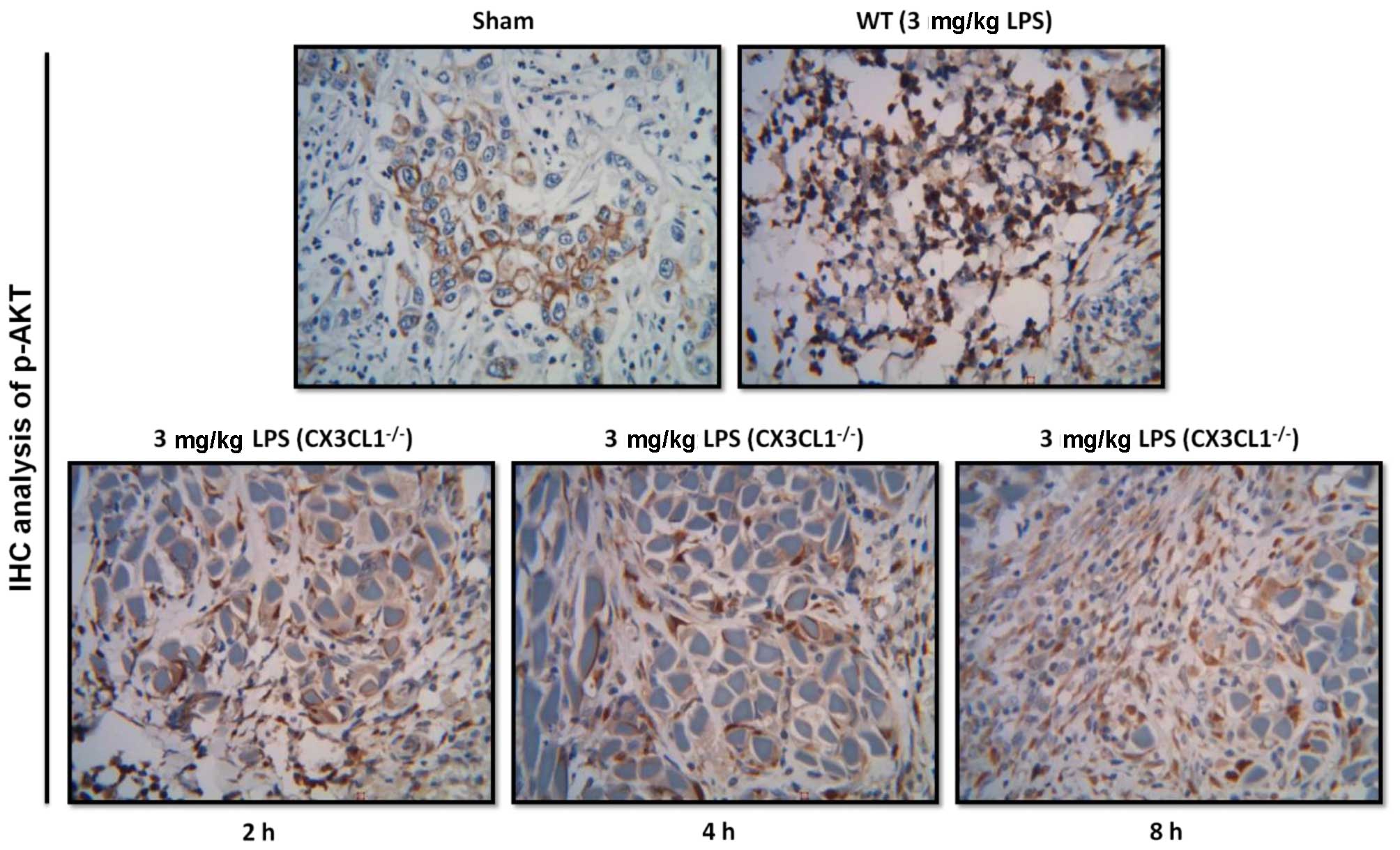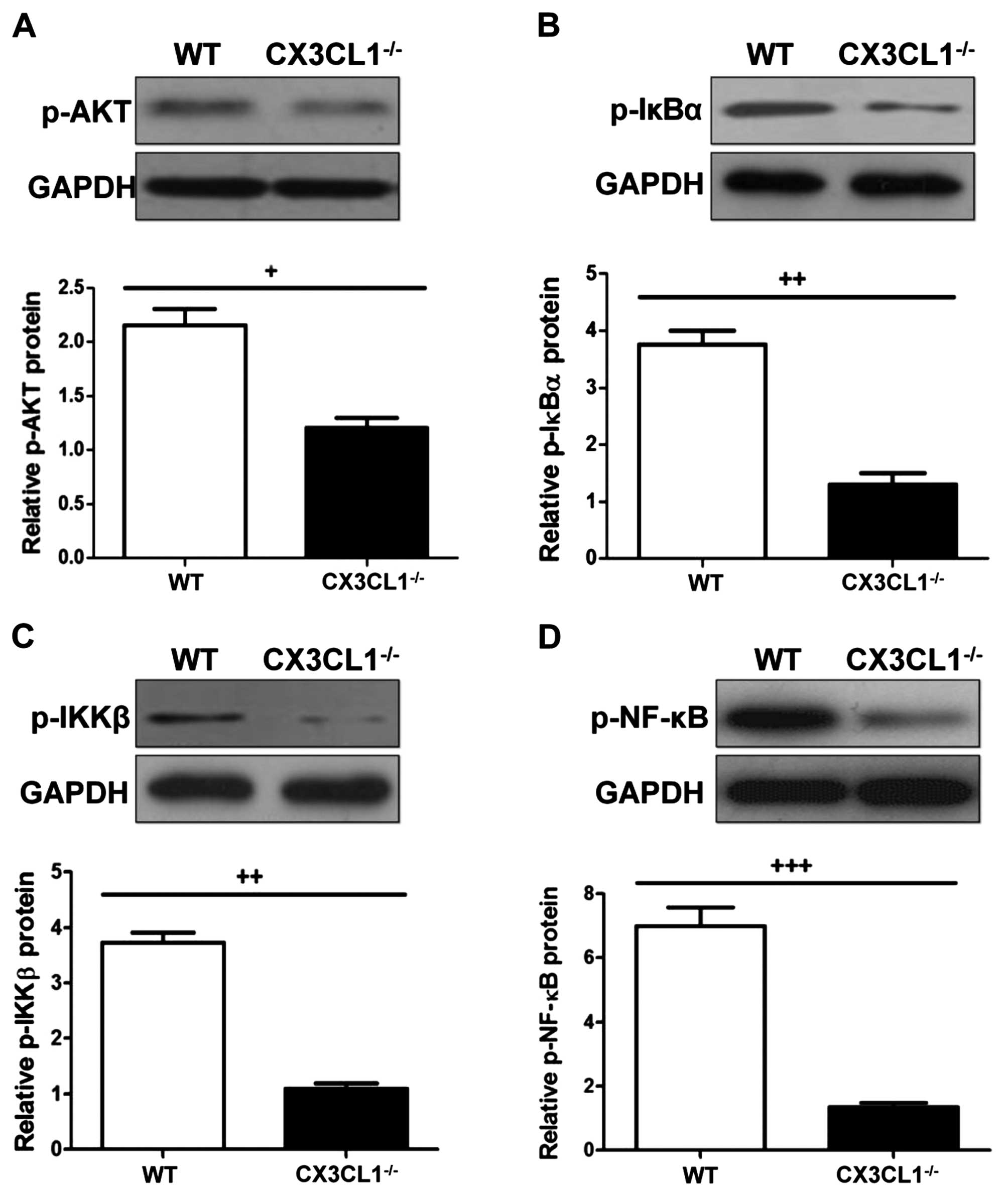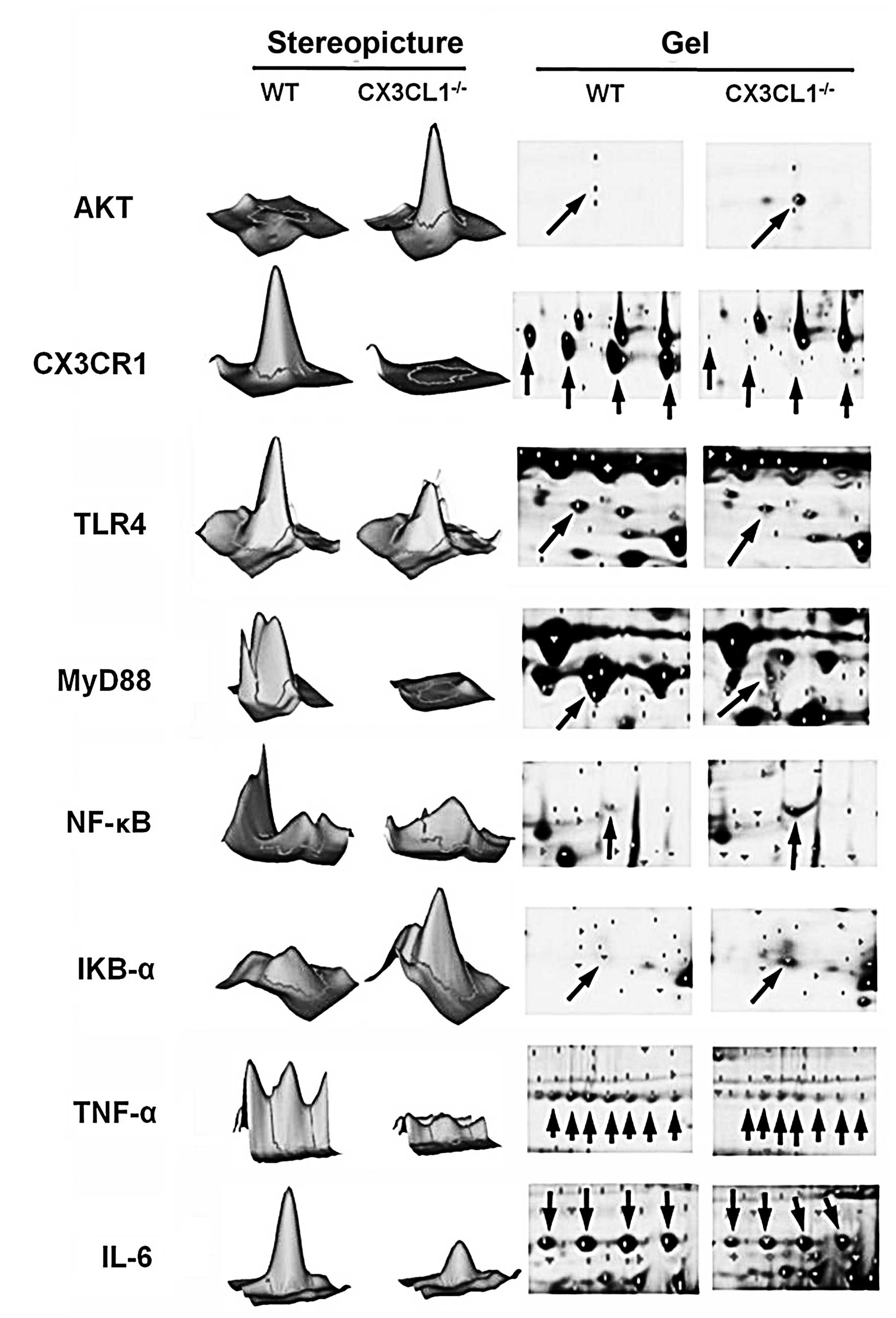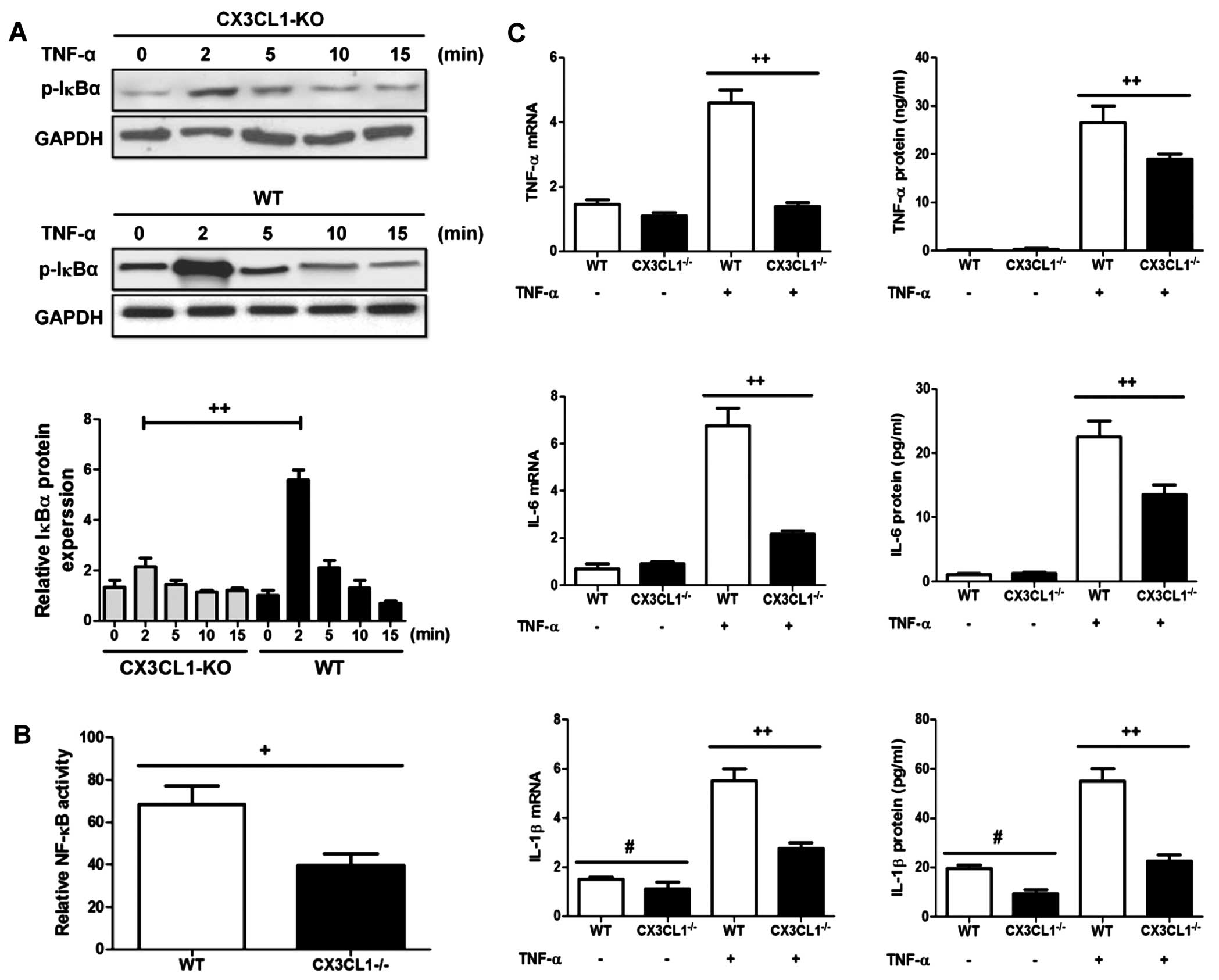|
1
|
Phua J, Badia JR, Adhikari NK, Friedrich
JO, Fowler RA, Singh JM, Scales DC, Stather DR, Li A, Jones A, et
al: Has mortality from acute respiratory distress syndrome
decreased over time?: a systematic review. Am J Respir Crit Care
Med. 179:220–227. 2009. View Article : Google Scholar
|
|
2
|
Rubenfeld GD, Caldwell E, Peabody E,
Weaver J, Martin DP, Neff M, Stern EJ and Hudson LD: Incidence and
outcomes of acute lung injury. N Engl J Med. 353:1685–1693. 2005.
View Article : Google Scholar : PubMed/NCBI
|
|
3
|
Muñoz NM, Meliton AY, Meliton LN, Dudek SM
and Leff AR: Secretory group V phospholipase A2 regulates acute
lung injury and neutrophilic inflammation caused by LPS in mice. Am
J Physiol Lung Cell Mol Physiol. 296:L879–L887. 2009. View Article : Google Scholar : PubMed/NCBI
|
|
4
|
Xu XL, Xie QM, Shen YH, Jiang JJ, Chen YY,
Yao HY and Zhou JY: Mannose prevents lipopolysaccharide-induced
acute lung injury in rats. Inflamm Res. 57:104–110. 2008.
View Article : Google Scholar : PubMed/NCBI
|
|
5
|
Matthay MA and Zemans RL: The acute
respiratory distress syndrome: Pathogenesis and treatment. Annu Rev
Pathol. 6:147–163. 2011. View Article : Google Scholar :
|
|
6
|
Ware LB and Matthay MA: The acute
respiratory distress syndrome. N Engl J Med. 342:1334–1349. 2000.
View Article : Google Scholar : PubMed/NCBI
|
|
7
|
Li B, Yang J, Huang Q, Zhang Y, Peng C,
Zhang Y, He Y, Shi J, Li W, Hu J, et al: Biodistribution and
pulmonary toxicity of intratracheally instilled graphene oxide in
mice. NPG Asia Mater. 5:e442013. View Article : Google Scholar
|
|
8
|
Spragg RG, Bernard GR, Checkley W, Curtis
JR, Gajic O, Guyatt G, Hall J, Israel E, Jain M, Needham DM, et al:
Beyond mortality: future clinical research in acute lung injury. Am
J Respir Crit Care Med. 181:1121–1127. 2010. View Article : Google Scholar : PubMed/NCBI
|
|
9
|
Lam CW, James JT, McCluskey R and Hunter
RL: Pulmonary toxicity of single-wall carbon nanotubes in mice 7
and 90 days after intratracheal instillation. Toxicol Sci.
77:126–134. 2004. View Article : Google Scholar
|
|
10
|
Song Y, Fukuda N, Bai C, Ma T, Matthay MA
and Verkman AS: Role of aquaporins in alveolar fluid clearance in
neonatal and adult lung, and in oedema formation following acute
lung injury: studies in transgenic aquaporin null mice. J Physiol.
525:771–779. 2000. View Article : Google Scholar : PubMed/NCBI
|
|
11
|
Martin TR and Matute-Bello G: Experimental
models and emerging hypotheses for acute lung injury. Crit Care
Clin. 27:735–752. 2011. View Article : Google Scholar : PubMed/NCBI
|
|
12
|
Reiss LK, Uhlig U and Uhlig S: Models and
mechanisms of acute lung injury caused by direct insults. Eur J
Cell Biol. 91:590–601. 2012. View Article : Google Scholar : PubMed/NCBI
|
|
13
|
Liu L, Gao Z, Xia C, Xu Y, Ma Z, Dong C
and Li B: Comparative study of trans-oral and trans-tracheal
intratracheal instillations in a murine model of acute lung injury.
Anat Rec (Hoboken). 295:1513–1519. 2012. View Article : Google Scholar
|
|
14
|
Su X, Bai C, Hong Q, Zhu D, He L, Wu J,
Ding F, Fang X and Matthay MA: Effect of continuous hemofiltration
on hemodynamics, lung inflammation and pulmonary edema in a canine
model of acute lung injury. Intensive Care Med. 29:2034–2042. 2003.
View Article : Google Scholar : PubMed/NCBI
|
|
15
|
Matthay MA, Ware LB and Zimmerman GA: The
acute respiratory distress syndrome. J Clin Invest. 122:2731–2740.
2012. View
Article : Google Scholar : PubMed/NCBI
|
|
16
|
Evers DL, Chao CF, Wang X, Zhang Z, Huong
SM and Huang ES: Human cytomegalovirus-inhibitory flavonoids:
studies on antiviral activity and mechanism of action. Antiviral
Res. 68:124–134. 2005. View Article : Google Scholar : PubMed/NCBI
|
|
17
|
Wan QF, Gu LG, Yin SJ, Qi GJ, Zhang S, Li
GM and Ge DY: Protection effect of baicalin on lung injury of mice
infected with influenza FM1. Chin J Tradit Chin Med Pharm.
2848–2851. 2011.In Chinese.
|
|
18
|
Wan QF, Gu LG, Yin SJ, Ge DY and Li GM:
Effect of baicalin on cell apoptosis FAS/FAS-L system of pneumonia
mice lung tissue infected with FM1. Chin Pharmacol Bull.
27:1555–1559. 2011.In Chinese.
|
|
19
|
Vergadi E, Vaporidi K, Theodorakis EE,
Doxaki C, Lagoudaki E, Ieronymaki E, Alexaki VI, Helms M, Kondili
E, Soennichsen B, et al: Akt2 deficiency protects from acute lung
injury via alternative macrophage activation and miR-146a induction
in mice. J Immunol. 192:394–406. 2014. View Article : Google Scholar
|
|
20
|
Balakrishna S, Song W, Achanta S, Doran
SF, Liu B, Kaelberer MM, Yu Z, Sui A, Cheung M, Leishman E, et al:
TRPV4 inhibition counteracts edema and inflammation and improves
pulmonary function and oxygen saturation in chemically induced
acute lung injury. Am J Physiol Lung Cell Mol Physiol.
307:L158–L172. 2014. View Article : Google Scholar : PubMed/NCBI
|
|
21
|
Wasmuth HE, Zaldivar MM, Berres ML, Werth
A, Scholten D, Hillebrandt S, Tacke F, Schmitz P, Dahl E,
Wiederholt T, et al: The fractalkine receptor CX3CR1 is involved in
liver fibrosis due to chronic hepatitis C infection. J Hepatol.
48:208–215. 2008. View Article : Google Scholar
|
|
22
|
Aoyama T, Inokuchi S, Brenner DA and Seki
E: CX3CL1-CX3CR1 interaction prevents carbon tetrachloride-induced
liver inflammation and fibrosis in mice. Hepatology. 52:1390–1400.
2010. View Article : Google Scholar : PubMed/NCBI
|
|
23
|
Isse K, Harada K, Zen Y, Kamihira T,
Shimoda S, Harada M and Nakanuma Y: Fractalkine and CX3CR1 are
involved in the recruitment of intraepithelial lymphocytes of
intrahepatic bile ducts. Hepatology. 41:506–516. 2005. View Article : Google Scholar : PubMed/NCBI
|
|
24
|
Zhuang ZY, Kawasaki Y, Tan PH, Wen YR,
Huang J and Ji RR: Role of the CX3CR1/p38 MAPK pathway in spinal
microglia for the development of neuropathic pain following nerve
injury-induced cleavage of fractalkine. Brain Behav Immun.
21:642–651. 2007. View Article : Google Scholar :
|
|
25
|
Lee KM, Jeon SM and Cho HJ: Interleukin-6
induces microglial CX3CR1 expression in the spinal cord after
peripheral nerve injury through the activation of p38 MAPK. Eur J
Pain. 14:682.e1–12. 2010. View Article : Google Scholar
|
|
26
|
Nishiyori A, Minami M, Ohtani Y, Takami S,
Yamamoto J, Kawaguchi N, Kume T, Akaike A and Satoh M: Localization
of fractalkine and CX3CR1 mRNAs in rat brain: does fractalkine play
a role in signaling from neuron to microglia? FEBS Lett.
429:167–172. 1998. View Article : Google Scholar : PubMed/NCBI
|
|
27
|
Andréasson U, Ek S, Merz H, Rosenquist R,
Andersen N, Jerkeman M, Dictor M and Borrebaeck CA: B cell
lymphomas express CX3CR1 a non-B cell lineage adhesion molecule.
Cancer Lett. 259:138–145. 2008. View Article : Google Scholar
|
|
28
|
Erreni M, Solinas G, Brescia P, Osti D,
Zunino F, Colombo P, Destro A, Roncalli M, Mantovani A, Draghi R,
et al: Human glioblastoma tumours and neural cancer stem cells
express the chemokine CX3CL1 and its receptor CX3CR1. Eur J Cancer.
46:3383–3392. 2010. View Article : Google Scholar : PubMed/NCBI
|
|
29
|
Rodero M, Marie Y, Coudert M, Blondet E,
Mokhtari K, Rousseau A, Raoul W, Carpentier C, Sennlaub F, Deterre
P, et al: Polymorphism in the microglial cell-mobilizing CX3CR1
gene is associated with survival in patients with glioblastoma. J
Clin Oncol. 26:5957–5964. 2008. View Article : Google Scholar : PubMed/NCBI
|
|
30
|
Babar IA, Czochor J, Steinmetz A, Weidhaas
JB, Glazer PM and Slack FJ: Inhibition of hypoxia-induced miR-155
radiosensitizes hypoxic lung cancer cells. Cancer Biol Ther.
12:908–914. 2011. View Article : Google Scholar : PubMed/NCBI
|
|
31
|
Dolcet X, Llobet D, Pallares J and
Matias-Guiu X: NF-kB in development and progression of human
cancer. Virchows Arch. 446:475–482. 2005. View Article : Google Scholar : PubMed/NCBI
|
|
32
|
McComb JG, Ranganathan M, Liu XH, Pilewski
JM, Ray P, Watkins SC, Choi AM and Lee JS: CX3CL1 up-regulation is
associated with recruitment of CX3CR1+ mononuclear
phagocytes and T lymphocytes in the lungs during cigarette
smoke-induced emphysema. Am J Pathol. 173:949–961. 2008. View Article : Google Scholar : PubMed/NCBI
|
|
33
|
Valdivia-Silva JE, Franco-Barraza J, Silva
AL, Pont GD, Soldevila G, Meza I and García-Zepeda EA: Effect of
pro-inflammatory cytokine stimulation on human breast cancer:
implications of chemokine receptor expression in cancer metastasis.
Cancer Lett. 283:176–185. 2009. View Article : Google Scholar : PubMed/NCBI
|
|
34
|
Shulby SA, Dolloff NG, Stearns ME, Meucci
O and Fatatis A: CX3CR1-fractalkine expression regulates cellular
mechanisms involved in adhesion, migration, and survival of human
prostate cancer cells. Cancer Res. 64:4693–4698. 2004. View Article : Google Scholar : PubMed/NCBI
|
|
35
|
Jamieson WL, Shimizu S, D'Ambrosio JA,
Meucci O and Fatatis A: CX3CR1 is expressed by prostate epithelial
cells and androgens regulate the levels of CX3CL1/fractalkine in
the bone marrow: potential role in prostate cancer bone tropism.
Cancer Res. 68:1715–1722. 2008. View Article : Google Scholar : PubMed/NCBI
|
|
36
|
Newman DJ and Cragg GM: Natural products
as sources of new drugs over the 30 years from 1981 to 2010. J Nat
Prod. 75:311–335. 2012. View Article : Google Scholar : PubMed/NCBI
|
|
37
|
Cragg GM and Newman DJ: Natural products:
a continuing source of novel drug leads. Biochim Biophys Acta.
1830:3670–3695. 2013. View Article : Google Scholar : PubMed/NCBI
|















